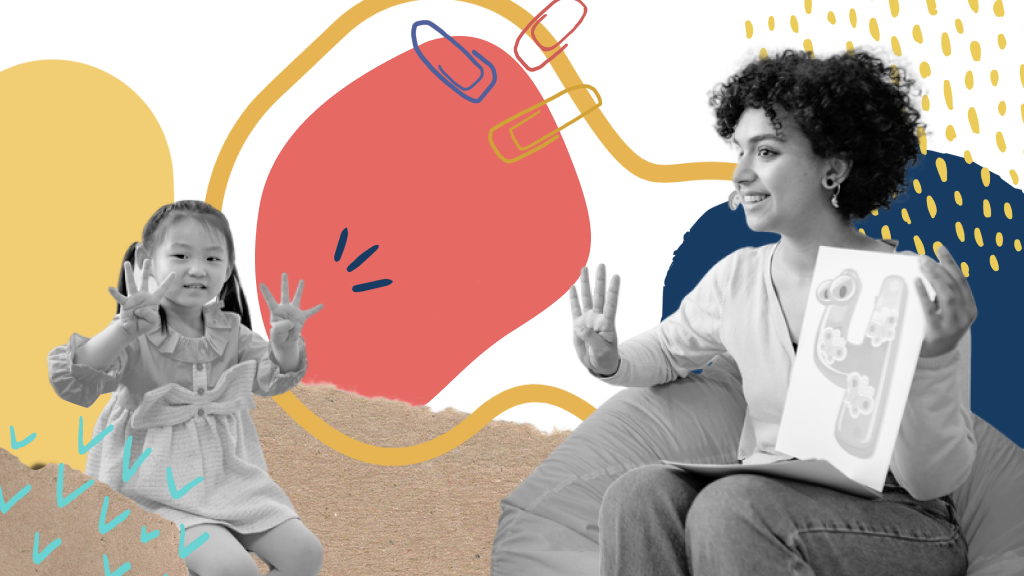What does health education have to do with domestic abuse?
11 Feb 2021

The level of safety and security we feel at home directly contributes to our health and mental state. That’s not a revolutionary statement.
Domestic abuse is a “silent pandemic” as numbers surge amid COVID-19. The stay at home order is creating a boiling point for those trapped in hostile homes and unsafe environments. The physical and mental toll it takes on those stuck with their abusers is unquestionably damaging.
And, in quick succession, that stress and turmoil are passed to any children in the equation.
Health education should offer tools and discuss methods to protect mental health when under duress at home. Children should be equipped with strategies to manage stress and build resilience against environments that can cause a downslide in academic performance—though it’s true that some throw themselves into their studies as an escape— mood swings, agitation, insomnia, and a general decline in quality of life are all prevalent in those who have unsteady home lives.
When there is unrest in the home, it’s nearly impossible to think clearly about studies, projects, and social engagements. They’re on the edge of their seat, bracing for the next blow-up. They walk on eggshells and try to be invisible, holding their breath, crossing their fingers.
Their workspace shakes as they bob their leg, unsettled, gnawing on a pencil, their lip—waiting. Each creak in the floor sends adrenaline jolting through their body, each slightly raised voice freezes them, mid-thought. Each sound makes them pause to listen for the shouting.
That’s no way to live. Yet, children all over the world come home to it every day—or more recently, are steeped in it all day long—while they try to keep their grades up and retain their lessons.
What can we do? We can give them outlets, a strategy. We can show them that it will not always be their reality and that there’s a way out.
How can we do that? Through the vigilant support of mental health awareness. Through the exploration of mental health, we give them a chance at a better way of coping with their environment until the situation is resolved, or they are removed from it. Lessonbee’s Mental Health Awareness Course is a great place to start.
Domestic abuse is one of the true tragedies that plague this nation. As this is exacerbated by the coronavirus, we have a responsibility to those families to not turn a blind eye and to work against the circumstances that lead to violence in the household.
One of the best ways to do that is through the children, ensuring that they, and in turn, their families, get the chances they deserve and the support they need.
This article from Michele Lloyd breaking down the effects of domestic abuse brings to light the argument that children are direct victims, “’ Far from passive witnesses, they are not “exposed” to violence and abuse; rather they live with it and experience it directly, just as adults do.”’ Regarding children as ‘affected by’ domestic violence diminishes its impact on them. Instead, call for children to be recognized as direct victims of violence and abuse which in turn could improve professional responses to their needs.”
The effects of being in a violent household must be supplemented with support and addressed in any way possible, by those the children are around the most besides family—teachers, instructors, and even classmates.
The more we’re paying attention, the more we speak and educate on this matter, the more we increase the chances of a happy ending.
Read More
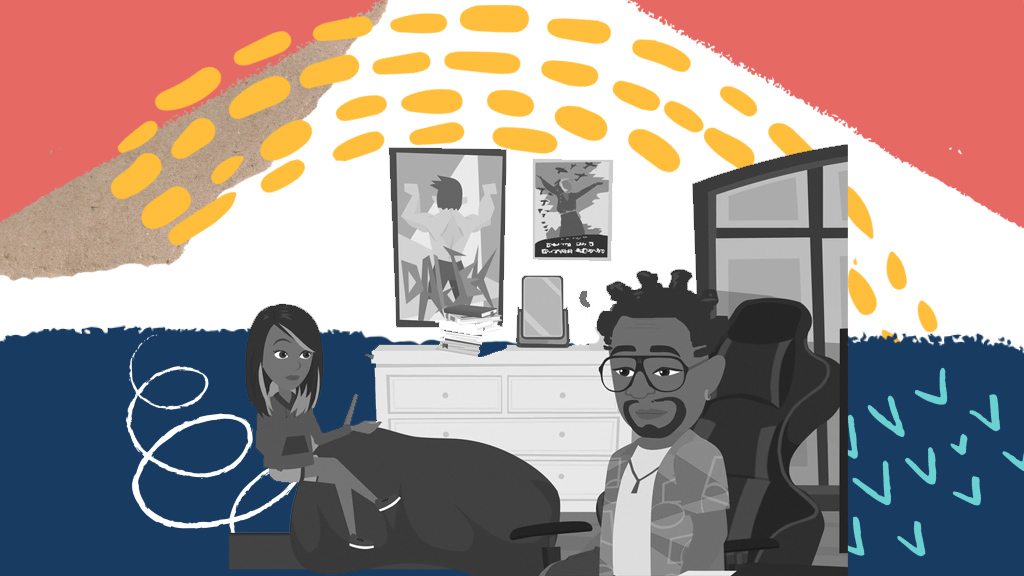
Human Trafficking: Understanding the Impact and How to Help
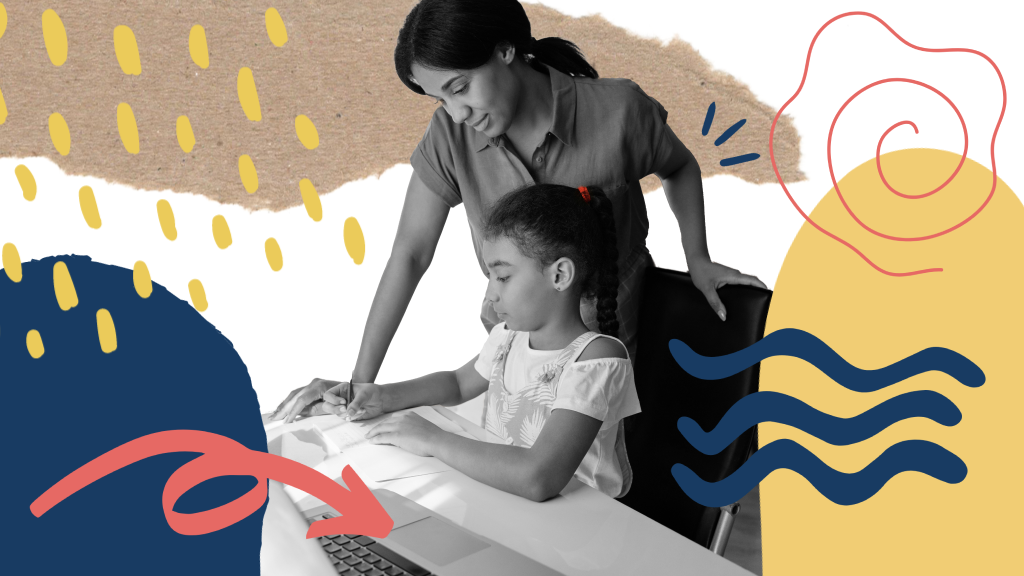
A Guide to Social Emotional Learning for Homeschooling Parents
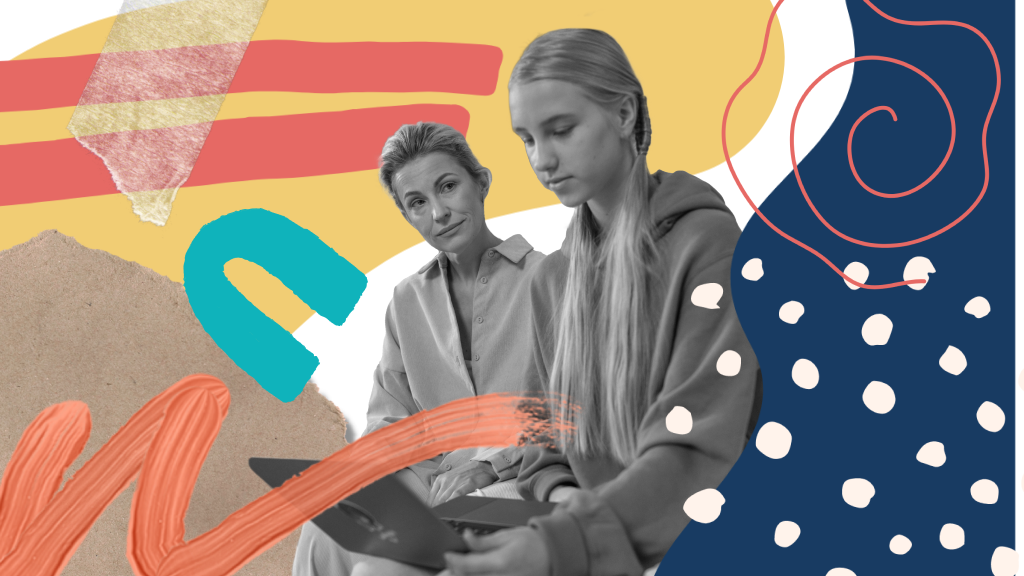
How to Help Your Child Deal With Online Harassment
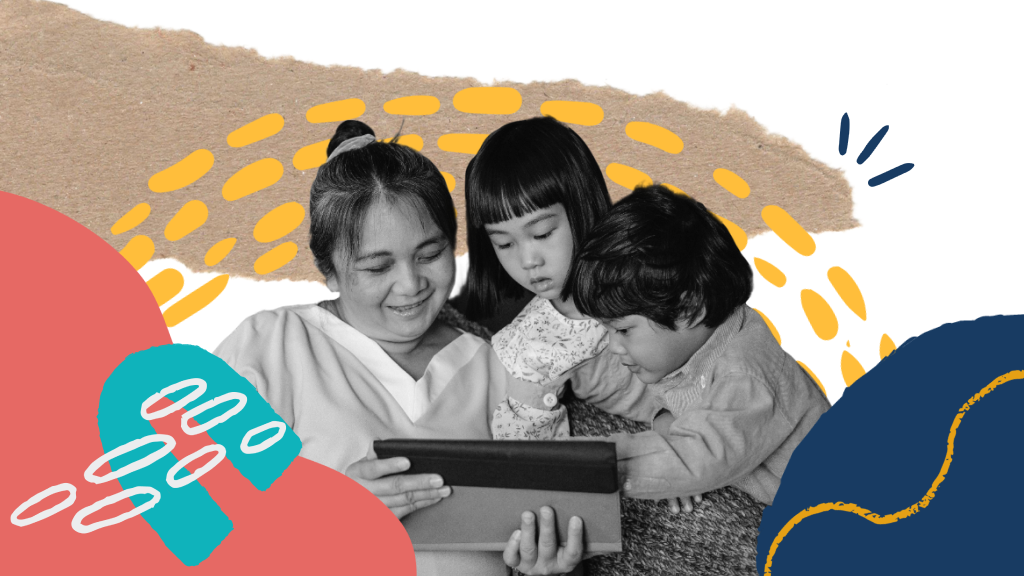
Online Safety for Parents: How to Safeguard Your Child in the Digital World
